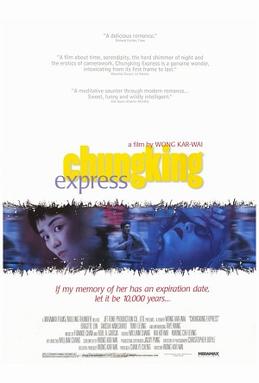 |
| Brigitte Lin, Cherie Chung, and Sally Yeh in Peking Opera Blues |
Cast: Brigitte Lin, Sally Yeh, Cherie Chung, Mark Ho-nam Cheng, Cheung Kwok Keung, Kenneth Tsang, Wu Ma, Ku Feng, Lee Hoi-sang, Leong Po-Chih, Huang Ha, Sandra Ng. Screenplay: Raymond To. Cinematography: Hang-Sang Poon. Production design: Kim-Sing Ho, Chi-Heng Leung, Vincent Wai. Film editing: David Wu. Music: James Wong.
All flash and dazzle and most of all color, Tsui Hark's Peking Opera Blues is a nonstop action comedy that uses the elaborate costumes of Chinese opera to kaleidoscopic effect. The plot is a tangle of nonsense about stealing some documents that support a revolutionary movement in China in 1914, but mostly it's designed to provide excuses for gunfights and hair's-breadth escapes. The protagonists are three young women who wind up as collaborators, aided by two young men. They don't escape harm: One of the men is seriously wounded by gunfire and one of the women is captured and mercilessly tortured, but both bounce back with a resilience that tests credulity but keeps the action going. There's also a good deal of queerness: One of the women dresses as a man, and the fact that women in Peking Opera were played by men provides some not exactly tasteful humor. Fortunately, Hark keeps things going so fast and furiously that it takes an effort of will to be offended by the movie.

